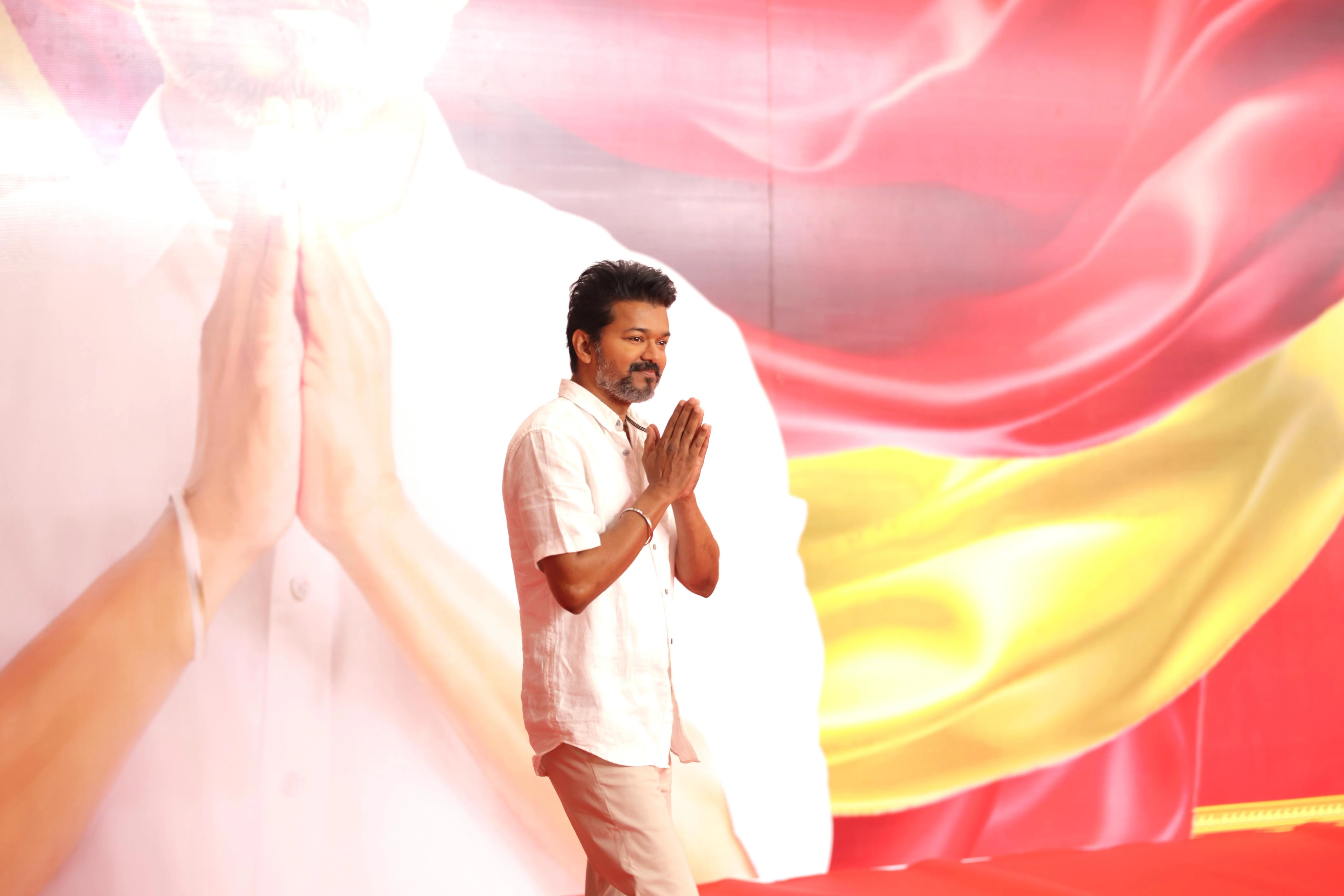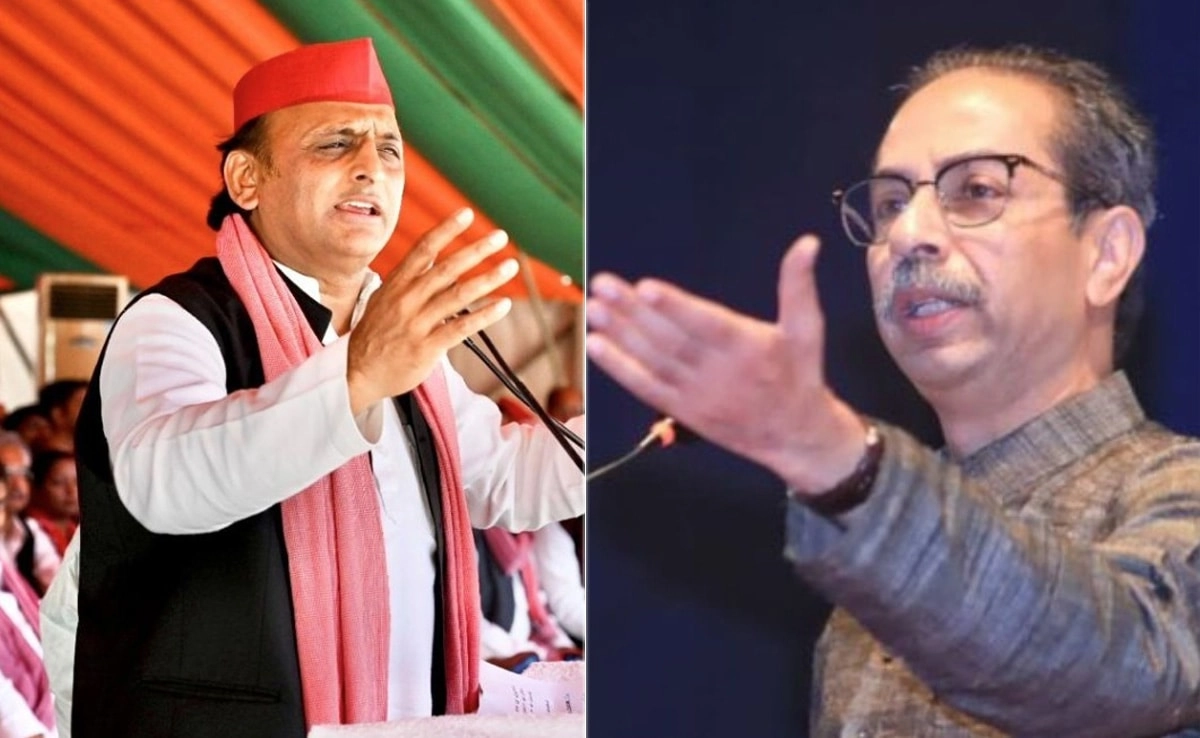The recent attack in Pahalgam has drawn significant attention and concern, particularly in light of heightened tensions between India and Pakistan. Following the incident, which has been referred to as a “tragedy” by Pakistani Prime Minister, the political atmosphere in the region has become even more fraught. The Prime Minister’s remarks reflect a broader narrative that seeks to address and condemn violence while also positioning Pakistan’s stance in the international arena. His comments come at a time when diplomatic relations between the two nations are already strained, and the implications of such an attack could reverberate through various channels of communication and policy-making.
This attack not only raises questions about security in the region but also highlights the ongoing conflict and its impact on civilians. As the situation unfolds, there are growing concerns about the safety of individuals in areas that are often caught in the crossfire of political and military disputes. The Pahalgam incident serves as a stark reminder of the fragile peace that exists and the potential for escalation if these tensions are not managed carefully. The international community is closely monitoring the developments, with calls for restraint and dialogue to prevent further violence.
In addition to the immediate security concerns, the attack has sparked discussions about the need for a comprehensive approach to conflict resolution in the region. Analysts and political experts are urging both India and Pakistan to engage in meaningful dialogue to address underlying issues that fuel such violence. The Pakistani Prime Minister’s remarks could be seen as an opportunity to foster discussions about peace and stability, although it remains to be seen how the Indian government will respond to these overtures amidst the backdrop of ongoing tensions. The path forward will require careful navigation, as both nations grapple with their histories and the current realities that shape their interactions.
As the situation in Pahalgam continues to develop, it remains crucial for both governments to prioritize the safety and well-being of their citizens. The memory of the attack and its aftermath will linger, serving as a catalyst for change in policy and public perception. In a region marked by conflict, moments like these can either deepen divisions or offer pathways toward reconciliation, depending on the actions taken by leaders on both sides. Ultimately, the hope for a peaceful resolution hinges on the willingness of both nations to engage in constructive dialogue and to address the underlying issues that have perpetuated this cycle of violence.



